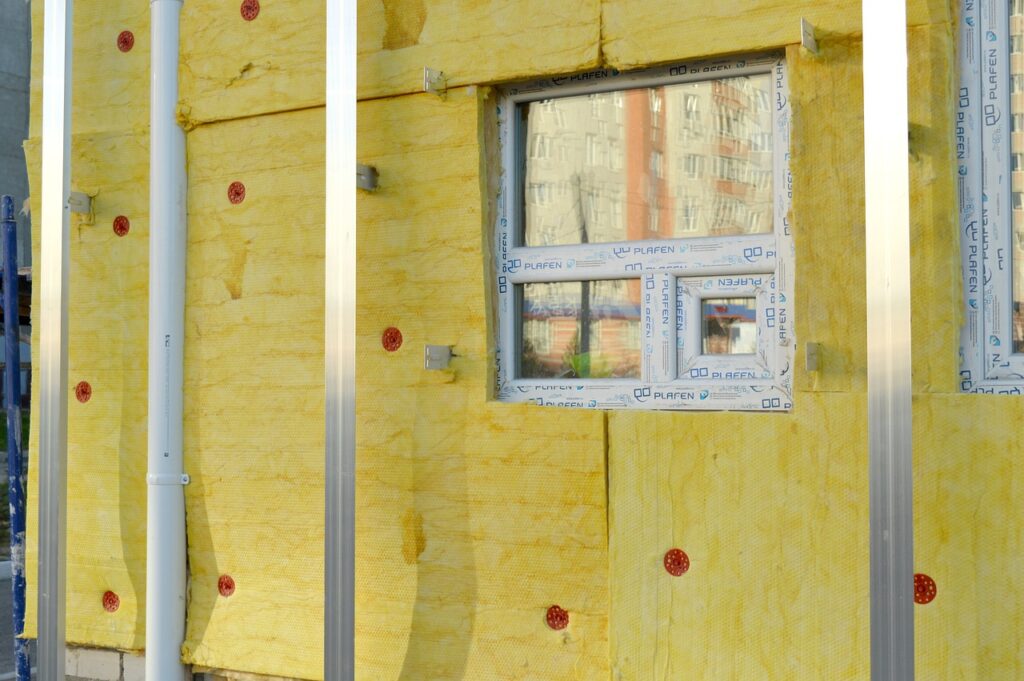According to The North American Insulation Manufacturers Association, around 90% of US homes don’t have enough insulation to help regulate temperature and boost energy efficiency. There are many reasons why homes don’t have adequate insulation. Most older homes don’t have insulation, or it might have been installed, but now it isn’t as effective as it needs to be. For many homeowners, the insulation cost can be a barrier to installing it; Forbes suggests that for a 2,000-square-foot home, insulation can cost anywhere from $2,000 to $24,000, depending on the Insulation Contractor and type of insulation you choose. If the cost is a barrier, homeowners can get up to 30% tax credit up to $1,200 to improve insulation in their homes.
However, improving your home insulation can have many benefits for homeowners. Read on to learn more.
Lower Bills
Improving or increasing your home insulation can save you up to 15% on your energy bills each year. Heating and cooling accounts for around 30 to 50% of household bills each year, which can be substantial depending on how much energy you use. It might be that you need loft insulation to stop heat from escaping through your roof or seal air leaks in windows to prevent air from escaping. Increasing your insulation levels has the potential to save you a lot of money each year on your heating and cooling bills.
Increased Comfort
Insulation plays a massive part in how comfortable your home is. It helps to regulate indoor temperature, meaning your home will stay cooler in the summer and warmer in the winter without you needing to crank up your HVAC to the maximum all the time.
Soundproofing
Cavity wall or roof insulation adds an extra barrier to your property from external factors. Not only does it help to regulate temperatures, but it can also help you to block out noise from your neighbors or traffic outside. While this isn’t the main reason to get insulation in your home, it can be a welcome benefit, especially if you’re getting insulation installed in multiple areas, i.e., internal and external walls, the loft space, the basement, or even your pipes, to reduce the noise emitted from water running through pipework.
Lower Carbon Footprint
Another byproduct of effective insulation is reduced carbon dioxide emissions. If you’re concerned about your impact on the environment and looking for ways to reduce your carbon footprint, having adequate levels of insulation in your home can help you reduce this by 0.5 to 1 metric ton per year. Or think about it this way: insulating just 4% of the US housing stock will remove the equivalent amount of carbon dioxide as 667 million acres of trees would (i.e., 10 times the size of Colorado, to put it into context).
Increased Home Value
Insulated homes can fetch a higher resale value than non-insulated homes. While the initial outlay might be expensive depending on the size of your home, not only are there tax credits available, but you can also expect to recoup over 70% of your investment on the resale value of your home. Something to think about if selling upland moving on is on the cards for you!
You need to insulate your home for many reasons, and the more insulation you apply, the more benefits you will get.

